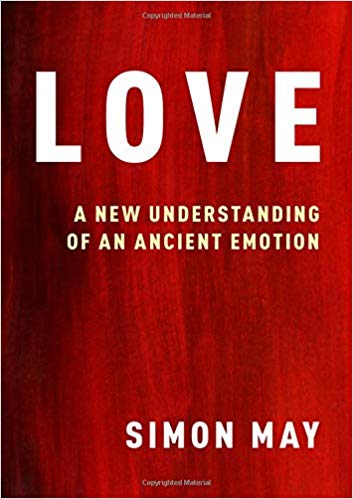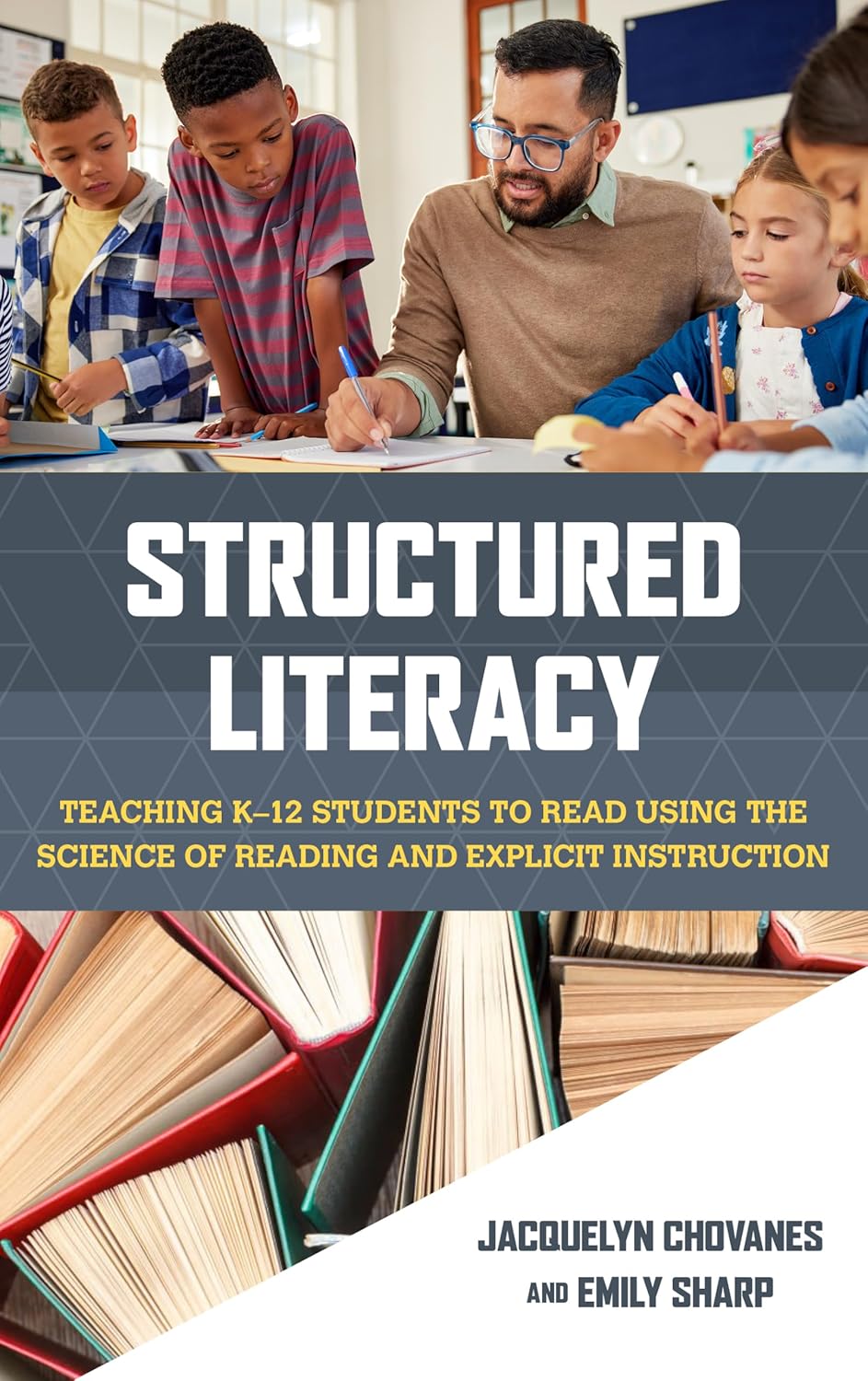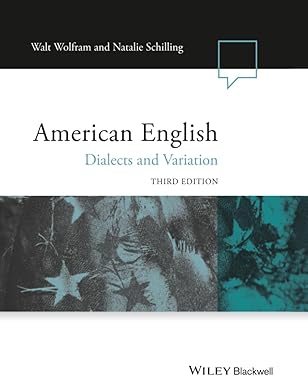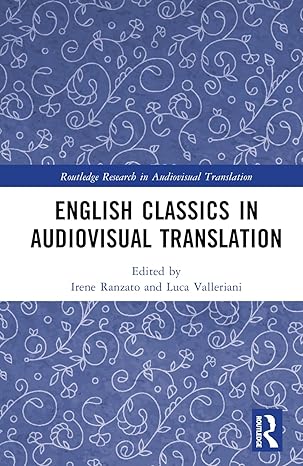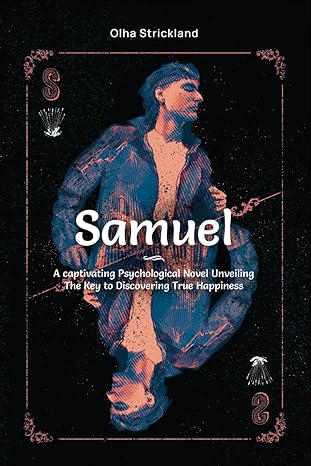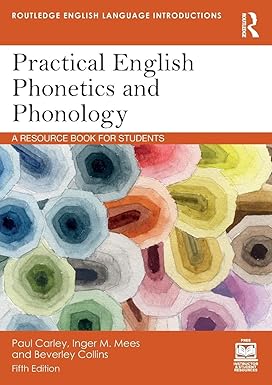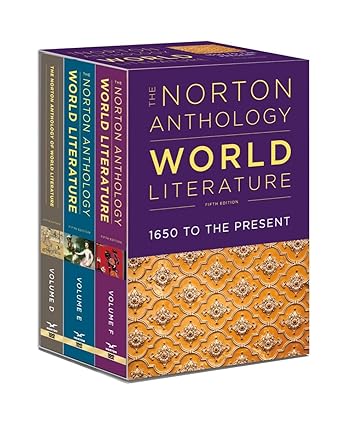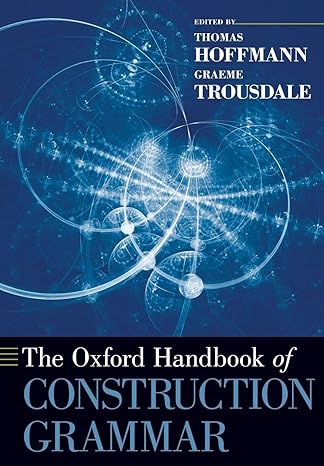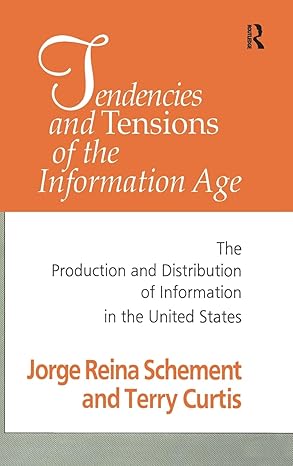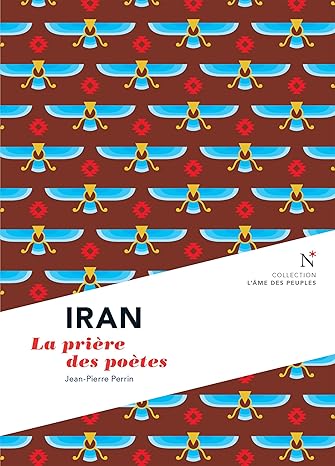What is love's real aim? Why is it so ruthlessly selective in its choice of loved ones? Why do we love at all?
In addressing these questions, Simon May develops a radically new understanding of love as the emotion we feel towards whomever or whatever we experience as grounding our life--as offering us a possibility of home in a world that we supremely value. He sees love as motivated by a promise of "ontological rootedness," rather than, as two thousand years of tradition variously asserts, by beauty or goodness, by a search for wholeness, by virtue, by sexual or reproductive desire, by compassion or altruism or empathy, or, in one of today's dominant views, by no qualities at all of the loved one.
After arguing that such founding Western myths as the Odyssey and Abraham's call by God to Canaan in the Bible powerfully exemplify his new conception of love, May goes on to re-examine the relation of love to beauty, sex, and goodness in the light of this conception, offering among other things a novel theory of beauty--and suggesting, against Plato, that we can love others for their ugliness (while also seeing them as beautiful).
Finally, he proposes that, in the Western world, romantic love is gradually giving way to parental love as the most valued form of love: namely, the love without which one's life is not deemed complete or truly flourishing. May explains why childhood has become sacred and excellence in parenting a paramount ideal--as well as a litmus test of society's moral health. In doing so, he argues that the child is the first genuinely "modern" supreme object of love: the first to fully reflect what Nietzsche called "the death of God."
چکیده فارسی
هدف واقعی عشق چیست؟ چرا اینقدر بی رحمانه در انتخاب عزیزانش گزینشی است؟ اصلا چرا ما عاشق هستیم؟
در پرداختن به این سؤالات، سایمون می درک کاملاً جدیدی از عشق به عنوان احساسی که نسبت به هر کسی یا هر چیزی که به عنوان پایهگذاری زندگیمان تجربه میکنیم، ایجاد میکند - بهعنوان اینکه به ما امکان خانه شدن در دنیایی را میدهد که بسیار برای ما ارزش قائل هستیم. او عشق را ناشی از وعده «ریشه هستیشناختی» میداند، نه آنطور که سنت دوهزار ساله بهطور گوناگون، زیبایی یا خوبی، جستوجوی تمامیت، فضیلت، میل جنسی یا تولید مثل، شفقت یا نوعدوستی ادعا میکند. یا همدلی، یا در یکی از دیدگاه های غالب امروزی، بدون هیچ ویژگی از آن عزیز.
می پس از این استدلال که اسطورههای بنیانگذار غربی مانند ادیسه و دعوت ابراهیم از سوی خدا به کنعان در کتاب مقدس، مفهوم جدید او از عشق را بهطور قوی نشان میدهند، می به بررسی مجدد رابطه عشق با زیبایی و سکس میپردازد. و نیکی در پرتو این تصور، از جمله نظریهای بدیع از زیبایی ارائه میکند - و در مقابل افلاطون پیشنهاد میکند که میتوانیم دیگران را به خاطر زشتیهایشان دوست داشته باشیم (در حالی که آنها را زیبا میبینیم).
در نهایت، او پیشنهاد می کند که در دنیای غرب، عشق رمانتیک به تدریج جای خود را به عشق والدینی به عنوان ارزشمندترین شکل عشق می دهد: یعنی عشقی که بدون آن زندگی فرد کامل یا واقعاً شکوفا نمی شود. می توضیح میدهد که چرا دوران کودکی مقدس و برتری در تربیت یک ایدهآل بزرگ شده است - و همچنین آزمونی برای سلامت اخلاقی جامعه. با انجام این کار، او استدلال میکند که کودک اولین هدف عالی عشق واقعاً «مدرن» است: اولین کسی که به طور کامل آنچه را که نیچه «مرگ خدا» میخواند منعکس میکند.
ادامه ...
بستن ...
Ebook details:
عنوان: Love: A New Understanding of an Ancient Emotion
نویسنده: Simon May
ناشر: Oxford University Press (May 2, 2019)
زبان: English
شابک: 0190884835, 978-0190884833
حجم: 14 Mb
فرمت: True Pdf
ادامه ...
بستن ...
